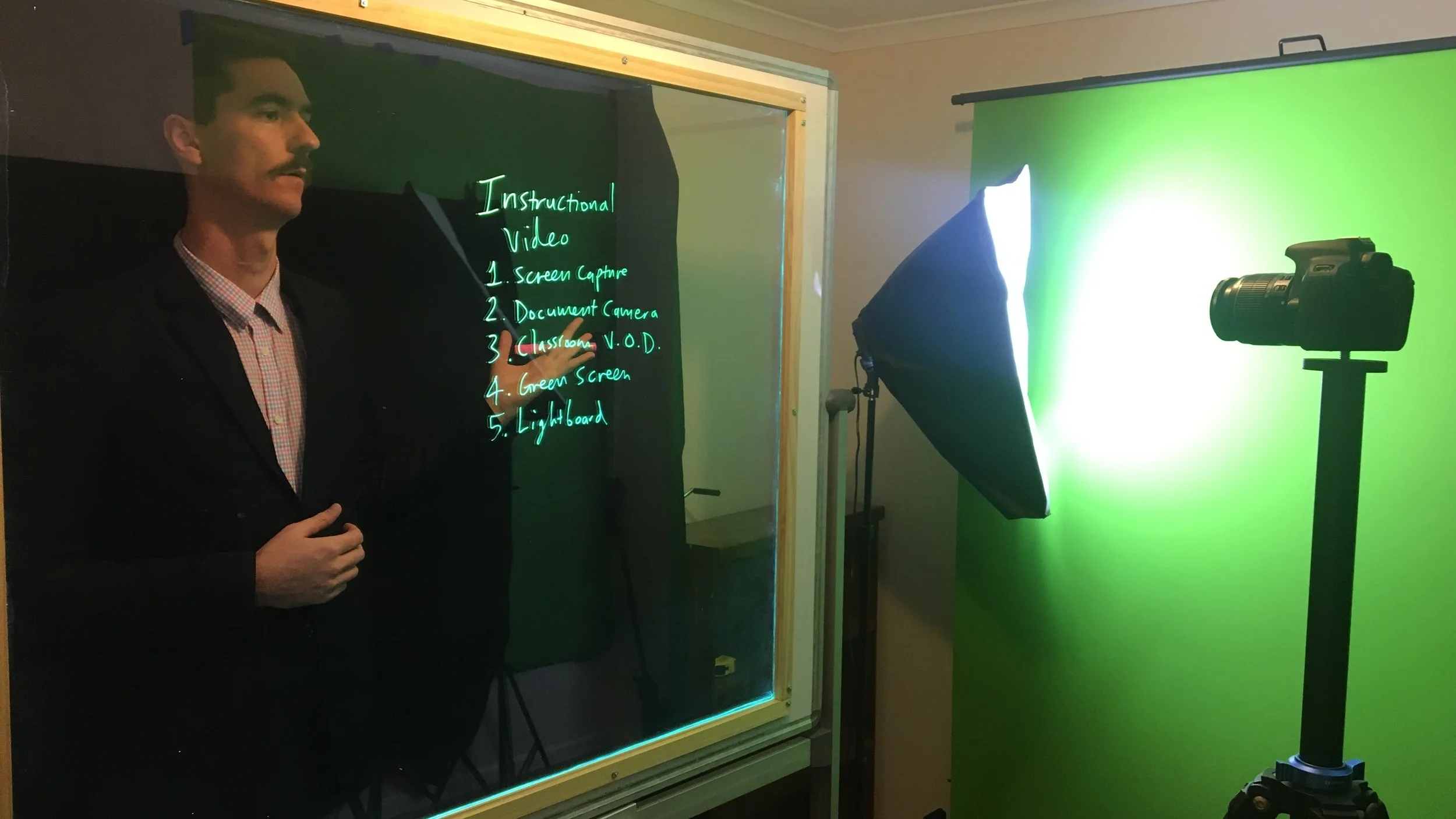If we could design a program for young adults with the aim of boosting good mental health, like a wellbeing vitamin, what would such a program look like?
Read MoreNow working as Microsoft’s Learning Delivery and Accessibility Specialist, Troy has seen the positive impact that can be achieved when computer software includes tools to support students with dyslexia.
Read MoreFor anyone with even the tiniest awareness of Educational Leadership, the reality of schools is almost entirely predicated on time. Specifically, for leadership and leaders, the most impactful...
Read MoreInclusive design in technology is giving students struggling with literacy the ability to tackle tasks independently at school, reducing the stigma they face in seeking support from a teacher or educational support staff and it’s readily available.
Read MoreTeachers must identify and intervene early on entry to school for students with dyslexia to achieve success, and structured literacy instruction must be provided by teachers with the knowledge and skills to be able to deliver an evidence-based approach to ALL students…
Read MoreTechnology is amoral. It is neither good nor bad. It simply enables and amplifies that which we use it for, says passionate educator Chris Betcher.
Read MorePhonics is essential and non-negotiable in building the foundations of literacy acquisition but how phonics is taught will determine…
Read MoreBibliotherapy, the use of stories for personal growth and emotional healing, predates the written word.
Read MoreEating disorders are complex mental and physical illnesses. They are not a lifestyle choice and develop due to a range of biological, socio-cultural and psychological reasons.
Read MoreInstructional Video provides unique affordances, or possibilities, that can shift teaching and learning from the page onto the webpage and allows students to become more empowered and independent as a result
Read MoreI decided to take a moment to reflect on the positive outcomes that I have personally experienced by using instructional video for aspects of my teaching….
Read MoreAnxiety itself is not necessarily a problem. Anxiety is a natural and required response which often protects us from dangerous situations. We need anxiety to survive….
Read MorePhysical activities have been shown to “develop important life skills while also boosting self-esteem, motivation, confidence and general wellbeing”.
Read MoreMany dyslexic children are also potential high-flyers – the long roll call of famous dyslexics includes Steven Spielberg, Richard Branson, Kiera Knightley and Jamie Oliver
Read MoreA big part of managing allergies in schools is raising student awareness. So what can we do to help kids with allergies apart from requesting peanut butter sandwiches be left for eating at home?
Read MoreSome students with dyslexia have poor recognition of letters, groups of letters (prefixes and suffixes) and whole words. These students can be diagnosed with orthographic dyslexia.
Read MoreAs we enter the fourth industrial revolution where it’s no longer just human physical but also mental skills that technology can replace, a different approach is needed.
Read More
















